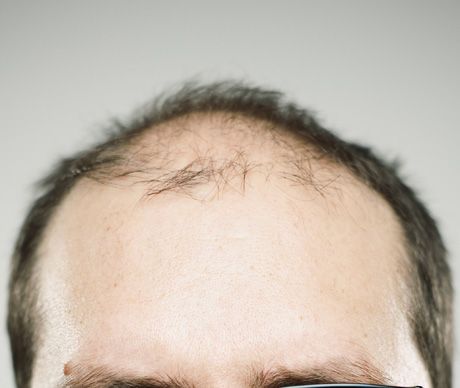
Breaking News
 Democrats Announce State Of The Union Response Will Be Delivered By Bad Bunny
Democrats Announce State Of The Union Response Will Be Delivered By Bad Bunny
 American Attack on Iran: World War
American Attack on Iran: World War
 If You Think the US Wants To Bring Democracy to Iran, Watch What They're Currently Doing to Iraq
If You Think the US Wants To Bring Democracy to Iran, Watch What They're Currently Doing to Iraq
 The Scary Truth About Living in Big Cities During the Turbulent Times Ahead
The Scary Truth About Living in Big Cities During the Turbulent Times Ahead
Top Tech News
 New Spray-on Powder Instantly Seals Life-Threatening Wounds in Battle or During Disasters
New Spray-on Powder Instantly Seals Life-Threatening Wounds in Battle or During Disasters
 AI-enhanced stethoscope excels at listening to our hearts
AI-enhanced stethoscope excels at listening to our hearts
 Flame-treated sunscreen keeps the zinc but cuts the smeary white look
Flame-treated sunscreen keeps the zinc but cuts the smeary white look
 Display hub adds three more screens powered through single USB port
Display hub adds three more screens powered through single USB port
 We Finally Know How Fast The Tesla Semi Will Charge: Very, Very Fast
We Finally Know How Fast The Tesla Semi Will Charge: Very, Very Fast
 Drone-launching underwater drone hitches a ride on ship and sub hulls
Drone-launching underwater drone hitches a ride on ship and sub hulls
 Humanoid Robots Get "Brains" As Dual-Use Fears Mount
Humanoid Robots Get "Brains" As Dual-Use Fears Mount
 SpaceX Authorized to Increase High Speed Internet Download Speeds 5X Through 2026
SpaceX Authorized to Increase High Speed Internet Download Speeds 5X Through 2026
 Space AI is the Key to the Technological Singularity
Space AI is the Key to the Technological Singularity
 Velocitor X-1 eVTOL could be beating the traffic in just a year
Velocitor X-1 eVTOL could be beating the traffic in just a year
Stem cell topical solution for baldness offers positive trial results

The small, randomized, placebo-controlled trial found the treatment both safe and effective, with larger trials hoped to validate the results in more diverse populations.
The most common form of age-related baldness is known as androgenetic alopecia (AGA). Around half of men and women over the age of 50 will deal with some form of this hair loss, from a receding hairline to more general hair thinning.
The new trial focused on a type of stem cell abundantly found in adult fat tissue, called adipose tissue?derived stem cells (ADSCs), which have been found to secrete a number of growth hormones vital to hair development. Smaller studies have demonstrated ADSCs can regrow hair in male and female subjects but this is the first robust human clinical trial to test a novel topical treatment against a placebo.
"Recent studies have shown that ADSCs promote hair growth in both men and women with alopecia," explains Sang Yeoup Lee, from Pusan National University in South Korea. "However, no randomized, placebo-controlled trial in humans has explored the effects and safety of adipose-derived stem cell constituent extract (ADSC-CE) in AGA. We aimed to assess the efficacy and tolerability of ADSC-CE in middle-aged patients with AGA in our study, hypothesizing that it is an effective and safe treatment agent."



